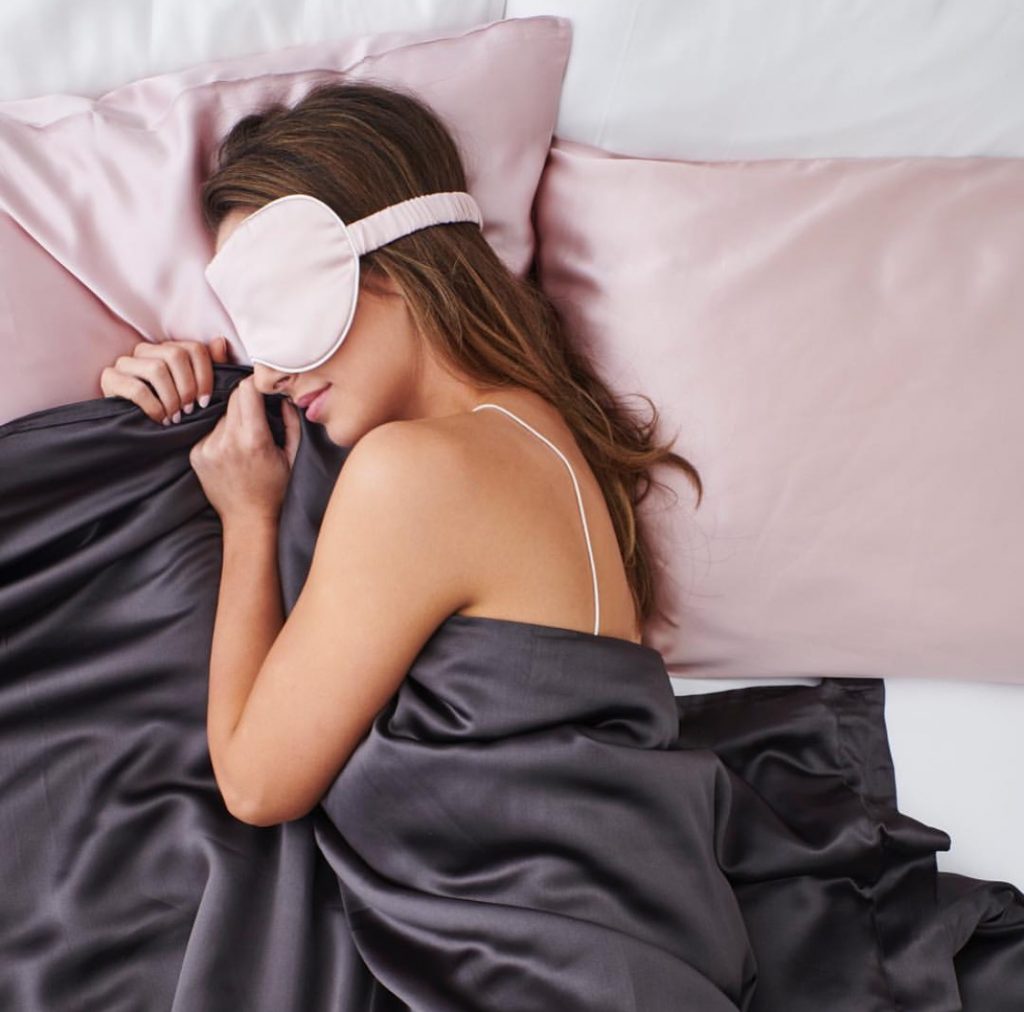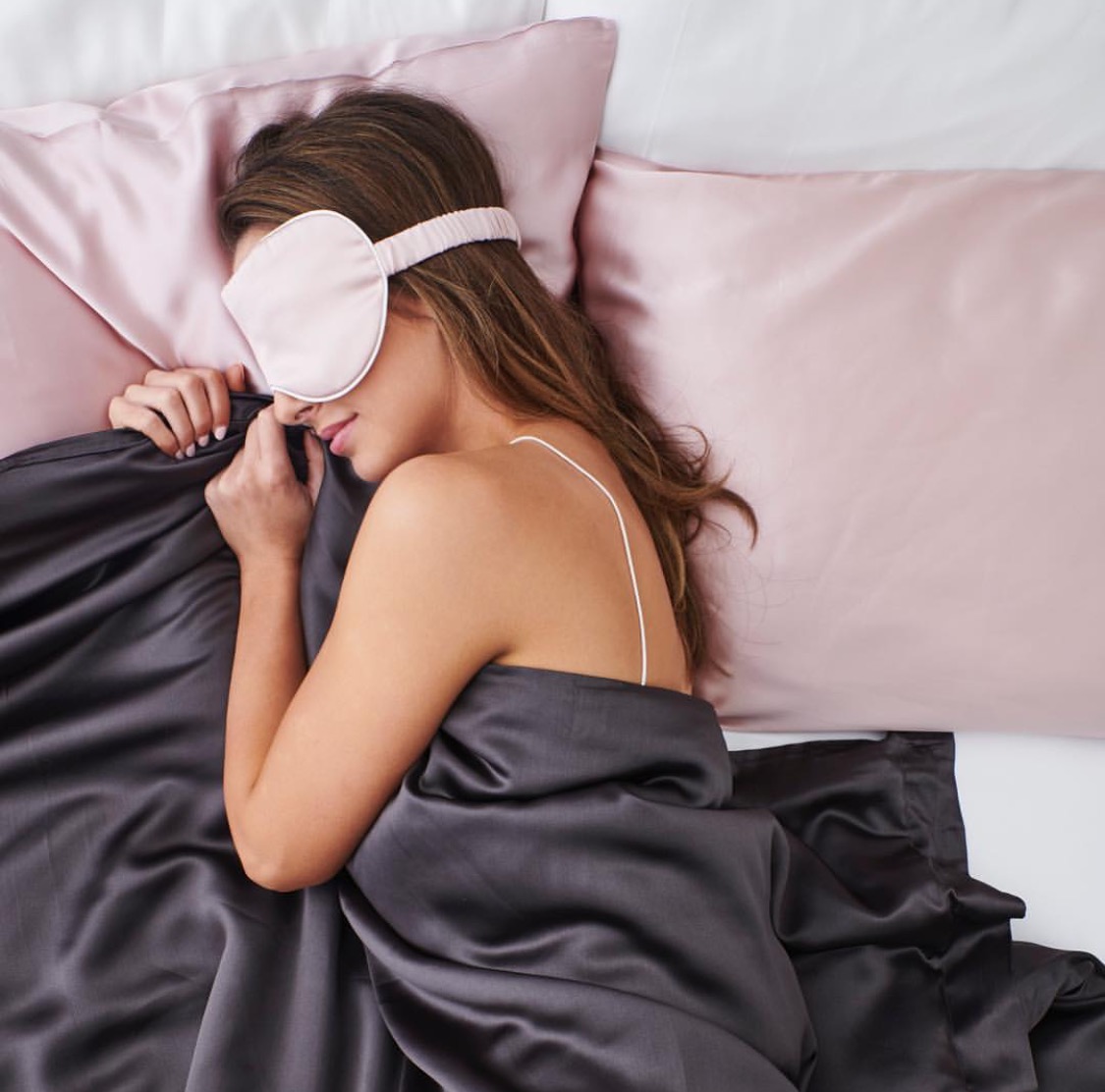
If you have insomnia and you’ve tried
Everything and you still can’t get to sleep, this is what you need.
Results from multiple studies indicate that valerian — a tall, flowering grassland plant — may reduce the amount of time it takes to fall asleep and help you sleep better. Of the many valerian species, only the carefully processed roots of the Valeriana officinalis have been widely studied.
Valerian is a herb often used as a natural remedy for insomnia and sleeplessness. It has been used for thousands of years to treat a range of conditions including anxiety and sleeplessness. While it’s most commonly known as valerian, it also goes by a number of other names including Indian valerian, fragrant valerian, vandal root, capon’s tail, setwall, amantilla, setewale, heliotrope, radix valerianae and Valeriana officinalis.The active ingredient in valerian is found in the root and root branches and you can buy it in medicinal form in capsules, tincture or use the roots in a tea infusion.
Valerian seems to be most effective after you take it regularly for two or more weeks.
Valerian Dosage
The typical valerian dosage is one 300 to 600 milligram, which is generally taken at bedtime. It is recommended that valerian is only taken for short spans of time. Four to six weeks is the suggested maximum span the herb should be taken. The longer valerian is taken, the more likely it will be that the user will experience a reduction in the effectiveness of the supplement.
Valerian is very helpful for calming feelings of anxiety, restlessness and calming the mind. This is most likely the reason it is so popular as a natural sleep aid. While most people take valerian for sleep, there are many other benefits associated with the use of valerian. Valerian can also be taken to alleviate headaches, migraines, irregular heartbeat, trembling and symptoms of mild depression. There are also a number of common experiences and sensations that valerian can reduce the severity of including nervous
asthma, stress, excitability, hysterical states, hypochondria and upset stomach. Valerian can be taken to alleviate conditions experienced only by women including menstrual cramps, symptoms of PMS (including mood swings and irritability) and menopause.
Because of its calming effect on the nervous system, it is important that you do not operate machinery or drive after taking valerian.
Valerian can be added to foods and beverages if desired or even added to baths at nighttime to help relax the mind as well as your muscles and joints.
Warning
* Side effects may occur. Although valerian is thought to be fairly safe, side effects such as headache, dizziness, stomach problems or sleeplessness may occur. Valerian may not be safe if you’re pregnant or breast-feeding. And it has not been evaluated to determine if it’s safe for children under 3 years old. If you have liver disease, avoid taking valerian. And because valerian can make you drowsy, avoid driving or operating dangerous machinery after taking it.
* Drug interactions are possible. Valerian may increase the effects of other sleep aids. It also increases the sedative effect of depressants, such as alcohol, benzodiazepines and narcotics. Valerian can interfere with some prescription medications. And it may interact with other dietary supplements, such as St. John’s wort.
Click here to Get premium Valerian
Source: Sleep Junkies





